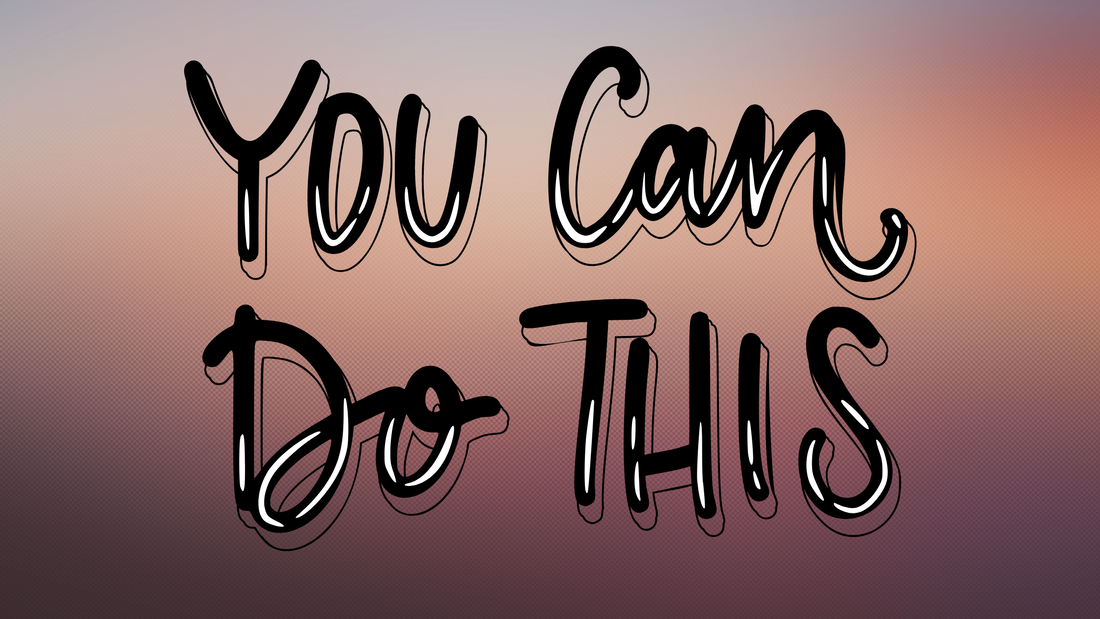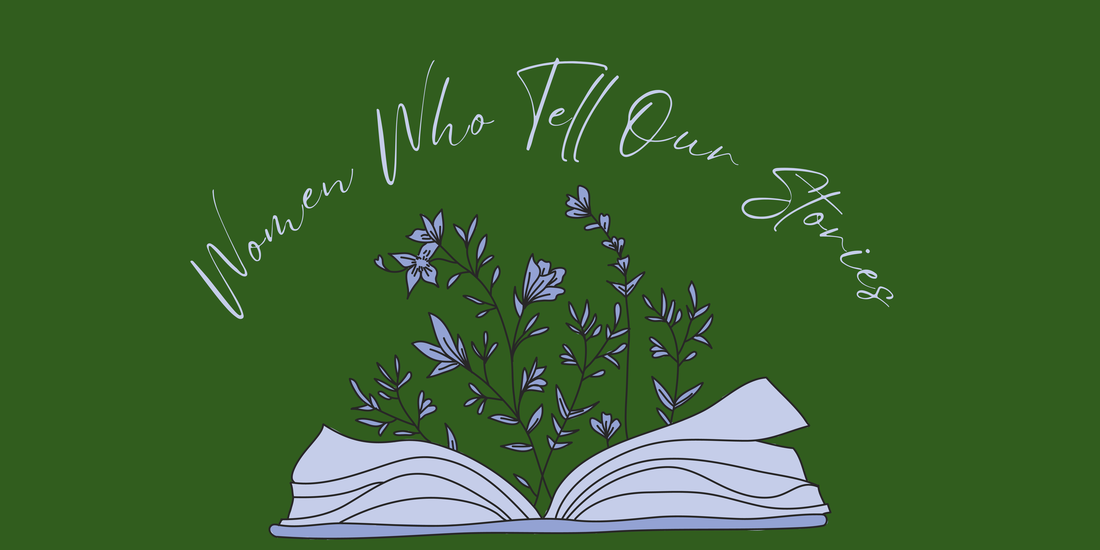|
It is once again college acceptance season - a time when high school seniors (and nontraditional students) receive acceptance, rejection or wait list letters from the colleges of their choice. Those with more than one acceptance will debate the pros and cons of various alma maters, while also figuring out financial aid, completing FAFSA and reviewing the logistics of living close to home or farther away.
For youth in foster care, this process is more complicated. In fact, the lead up to a college acceptance is more complicated, as the young people navigate not just the financial implications of attending college but also the systemic requirements of being a youth in care on or off campus. Those who have aged out of foster care are most likely trying to determine how they will support themselves through the next 2 or 4 or more years and scrambling to find, if not understand, the resources available to them. What young people need in these weeks/months, as they consider their next steps are support systems - people who can take them on campus tours, college professionals who can talk to them about campus resources and programming, someone - anyone - who understands FAFSA, and more. But what they need first and forever ongoing is someone who will say “You can do this.” Resources, programming and support networks are amazing and necessary. However, they don’t take the place of confidence, motivation and belief in one’s self. Those are hard things to muster when you’re a teen, let alone a young person in foster care. At the R.J. Leonard Foundation, we strive to be the voice of Yes You Can. We believe in our Fellows and work to help them believe in themselves, because we know they can do this.
0 Comments
This March we celebrate social workers and the impact they have on our community - both the individuals within it and the community as a whole. They are professionals who, in every way, work to break barriers. Social workers strive to find the resources individuals need, to empower their clients, and to fight for justice and equity. They are change makers.
At the R.J. Leonard Foundation, we are ever proud to have the support of social workers, whether they are our staff, board members, mentors, referral sources, community partners or (and we are especially proud of this) our Fellows themselves. Thank you for helping to break down barriers. We are better because of it. There will come a time when March does not remind us of closed office buildings, six feet, masks, hand sanitizer, fear and uncertainty. There will come a time when our memories of the COVID-19 pandemic will be distant. We won’t remember how our lives, though nearly back to normal, were changed - made more hybrid and perhaps more cautious. We may once again take for granted our ability to swing by a friend’s, have a meeting over coffee, or hug our youngest and oldest loved ones. There will come a time.
But it’s not here yet. We have just completed the third year of this pandemic, and we continue to learn how it has and will shape our lives moving forward. Not only how we act but how we think of our own well being and others has changed in the last three years. We are different. However, at RJLF and as always, the one thing that has not changed through this unprecedented time is our community of support - our Fellows, Mentors, Board Members and Community Partners. Thank you for sticking with us as the world changed. We are better for it and ever grateful. This Women’s HIstory Month, we celebrate the women who tell our stories - the authors, singers, writers, artists, advocates and more who highlight the victories, losses, big moments and small moments of women past and present. There are, thankfully, too many women who fall into this category to name them all and yet there are still not enough. So many stories remain untold. And that is why this month we ask you to celebrate the women who tell our stories by finding a way to tell your own and encouraging the women around you to do the same.
There is great power in telling your own story. In fact, storytelling is often used therapeutically to help individuals reclaim control over their history and their next steps as they reframe and gain new perspective. Those who have experienced foster care, for example, can use storytelling to recognize their own strengths and see how far they have come. It allows them a sense of autonomy after a childhood in which they so often feel powerless. At the R.J. Leonard Foundation, we have been privileged to hear some of those stories and experience how powerful they can be for the individual and those who listen. This March, tell your story, and listen to others. Celebrate each other. Senator John Fetterman checked himself into Walter Reed Medical Center in mid-February, seeking treatment for clinical depression that has been described as severe in the weeks since. In doing so and by sharing this information with the public, Senator Fetterman is doing something incredibly powerful - normalizing seeking help.
While the stigma surrounding mental health has lessened in recent years, it has not disappeared. There is still much room for improvement in how we support mental health and mental health treatment. While the idea of going to therapy may be more normalized today, the reasons we highlight for counseling are often minimized. Think about our fixation with the “worried well”. Mental health concerns and disorders run the gamut. Types of treatment range from outpatient to inpatient, short-term to long-term and semi-regular to intensive. If we truly want to address mental health and support the individuals struggling with it, we must erase the stigma at every level. Only then can the real work begin. We are thinking of Senator Fetterman as he continues treatment and wish him well. And simultaneously, we are hoping that those in need of help at this moment will see the senator’s willingness to seek support as their own green light to do the same.  As February draws to a close, we leave Black History Month behind, moving on to Women’s HIstory Month and then another month and another. While many will continue to promote the importance and impact of Black History and Black Resistance, many (more, most likely) will move on from Black History month and stop thinking about it - until a moment in the news re-captures our attention or next February. It’s cyclical. It happens every year and is true of many other national months, as well. But it doesn’t have to be. Black History is American History and should be a part of every conversation, lesson plan and celebration of our nation’s past, future and present. It should inform how we view past and present events - both good and bad. Black History shouldn't be relegated to one month but interwoven into all 12. And yes, in some ways, that is already happening. However, there is still much more room for improvement. Be a part of the change. The theme for 2023’s Black History Month is Black Resistance. According to the Association for the Study of African American Life and History, “African Americans have resisted historic and ongoing oppression, in all forms, especially the racial terrorism of lynching, racial pogroms, and police killings since our arrival upon these shores.” Such resistance comes and has come in many forms over the years from art and music to education and business creation to large group protests and individuals taking a knee, and much more.
By recognizing how Black Resistance has helped to progress our society, we also recognize the challenges that exist and persist within this country for people of color. Learn more about how Black Resistance has changed, shaped and exposed the United States through resources such as these: February is Black History Month - an opportunity for us to reflect on the profound impact that Black Americans have had on our country and the progress that has been made toward equity and equality over the past years and decades. But, as we take the time to remember all that has been done we cannot ignore what more we have to do. Every day offers us the opportunity in a multitude of ways to recognize the work that remains. One such reminder exists in moments that seem like positives but are in fact demonstrations of yawning gaps - firsts.
Watch the news and you’ll see throughout the year moments where Black Americans are making history by becoming the first Black governor or mayor in their state or city, the first Black American to win a specific award or hold a certain position and so on. This weekend, in fact, the NFL grants us another first. It is the first time that two Black quarterbacks will face each other in the Super Bowl - the first in 57 years, the first when more than 50% of NFL players are people of color. How is this possible? It is possible because there is still so much progress to be made. Disparity and inequity persist. And so this Black History Month as you reflect, remember and learn, don’t forget to look forward to our country’s present and hoped for future. Then get to work. There’s much to be done. Today is Groundhog Day - the day, in Pennsylvania at least, when Punxsutawney Phil emerges from hibernation to determine whether we’re in for a long winter or an early spring (He predicted 6 more weeks of winter). It’s also the day we are most likely to be reminded of Bill Murray’s 1993 movie in which a reporter is forced to relive the same day (Groundhog Day) over and over again until he gets it just right.
It’s a comedy, but it makes you think about what it would be like to live your life on a loop, to see no end and no progress in sight. It may be funny when a famous actor relives February 2nd endlessly, but for many individuals in real life it feels like a sad truth. Think of young adults in foster care. So many feel trapped in a cycle that seems beyond their control - at a foster home or a group home or a medical facility, unable to see their friends or make their own choices, their future dependent on others. And think now of adults struggling to make ends meet as they wake up every morning, head to a low-paying job, and spend their evenings trying to determine how they can pay that month’s or week’s bills. It must feel like the same day, the same frustration, the same loop over and over regardless of how hard they try to break it - Bill Murray’s Groundhog Day without hope of a romantic ending. At the R.J. Leonard Foundation, we aim to give young adults, whether still in foster care or out on their own, an opportunity to live a new day. We help them find the resources they need to take the next steps toward whatever their goals, their February 3rd, may be. To find out how you can be a part of this work, visit www.rjleonardfoundation.org. This Monday, the country commemorated Dr. Martin Luther King Jr. Day with acts of service. It is estimated that for the past 25 years more than 80,000 people have participated in service opportunities in Pennsylvania, New Jersey and Delaware annually on MLK Day. It’s no wonder why. Dr. Martin Luther King Jr. was an inspiration and volunteering is not only a way to honor him but an opportunity to give back and to become a more involved member of one’s community. It is also a way in which individuals can inspire others.
At RJLF, we know that firsthand. We see that inspiration every day. Our Mentors have volunteered to be there for our Fellows. They choose to build a relationship, to offer support and to be that one person for a young adult who too often doesn’t have one. They inspire us, their Fellows and those around them who witness their service. But even more so, our Fellows inspire us with their own commitment to service. Some, as they gain their own footing in a career, look to mentor. However, even more aim to dedicate their lives to service through their careers. We are humbled to be working with young people who want to be nurses, social workers, therapists and more. It is an honor to help serve them as they prepare to serve others. This year, we encourage you to find more ways to serve. Be a part of the inspiration and the good. |
Categories
All
Archives
July 2024
|
|
1097 Street Road
New Hope, PA 18938 |





 RSS Feed
RSS Feed
